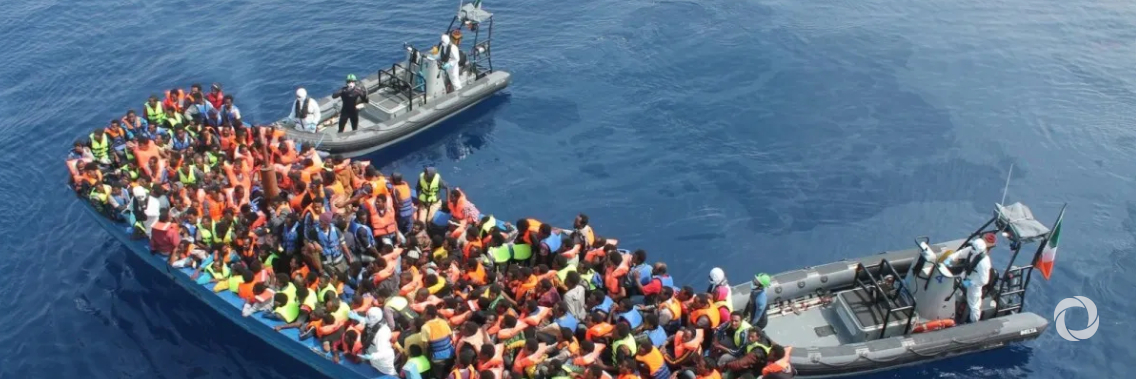COVID-19, and measures being taken by countries to control its spread, are impacting crime around the world, including migrant smuggling and human trafficking.
While some of the preventive measures have effectively hindered certain criminal opportunities in the short-term, smugglers, and traffickers, as well as their victims, have sought and found ways to overcome them.
Migrant smuggling and human trafficking are particularly affected by geopolitical and socio-economic factors which vary greatly by region and in the ways they drive vulnerable communities in those regions to migrate.
The COVID-19 pandemic is and will continue, influencing these factors across the globe. The economic consequences will significantly impact peoples’ desire and ability to migrate, as well as the incentive and opportunities for criminals to profit from illegal migration which is also expected to increase.
An INTERPOL report, which is for law enforcement only, provides a global overview of the short, medium, and long term impacts on migrant smuggling and human trafficking.
“The COVID-19 pandemic has not blunted the determination of organized crime groups to prey on the vulnerable and make a profit from these crimes, which all too often cost the victims their lives,” said INTERPOL Secretary General Jürgen Stock.
Migrant smuggling by land and sea continues around the world and in ever more perilous conditions. Key land migration routes, for example, those connecting Central America to North America and the Horn of Africa to South Africa, have remained active as smugglers monitor border management in order to evade controls.
Europe and North America, the most frequent destination countries for irregular migration and migrant smuggling, have also been amongst the most heavily impacted by the COVID-19 outbreak. Information strongly suggests that migrants have not been discouraged from reaching, or attempting to reach, these destinations despite the risks of contagion.
Overall, while border closures and lockdowns may have temporarily stalled or stranded migrants en route, these same restrictive measures have also opened opportunities for smugglers and traffickers willing to take on the increased risks for increased premiums.
Due to its covert nature, the effects of the COVID-19 pandemic on human trafficking are harder to assess with certainty. It is highly likely that the pandemic and the ensuing global economic consequences will only increase the pool of at-risk persons and the likelihood of their being deceived, exploited, and ultimately, trafficked in the mid-term.
Original source: INTERPOL
Published on 11 June 2020

